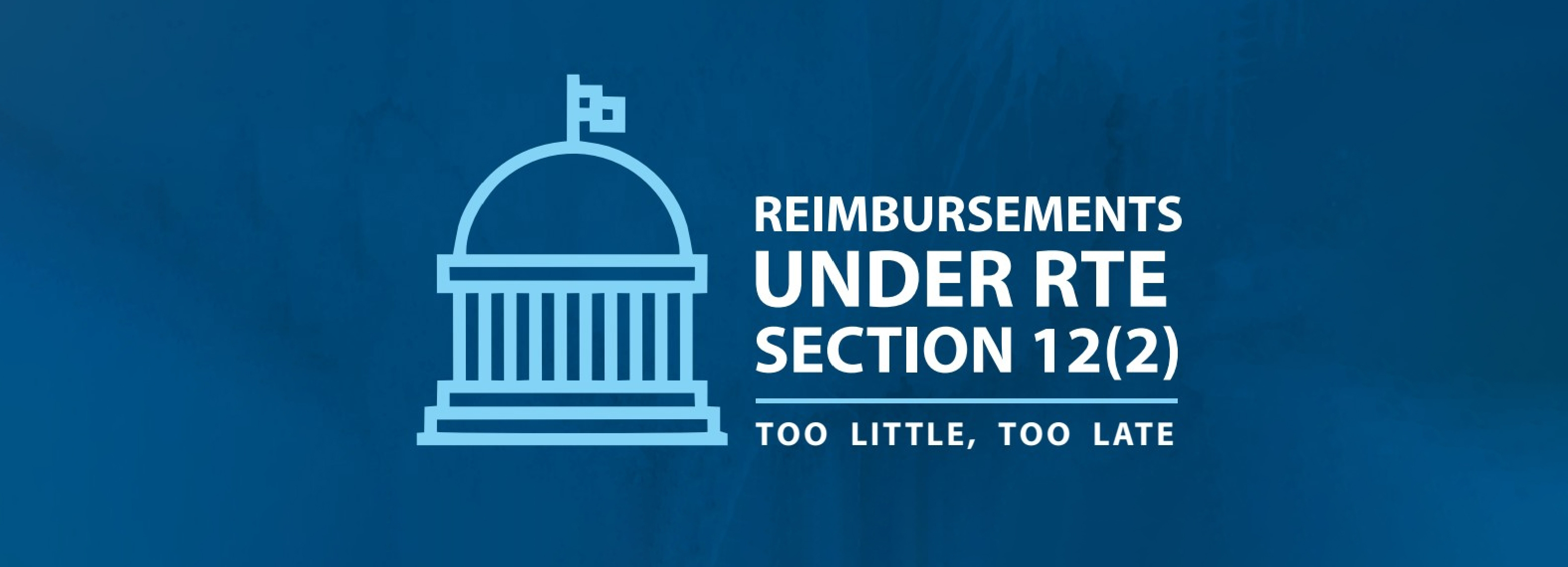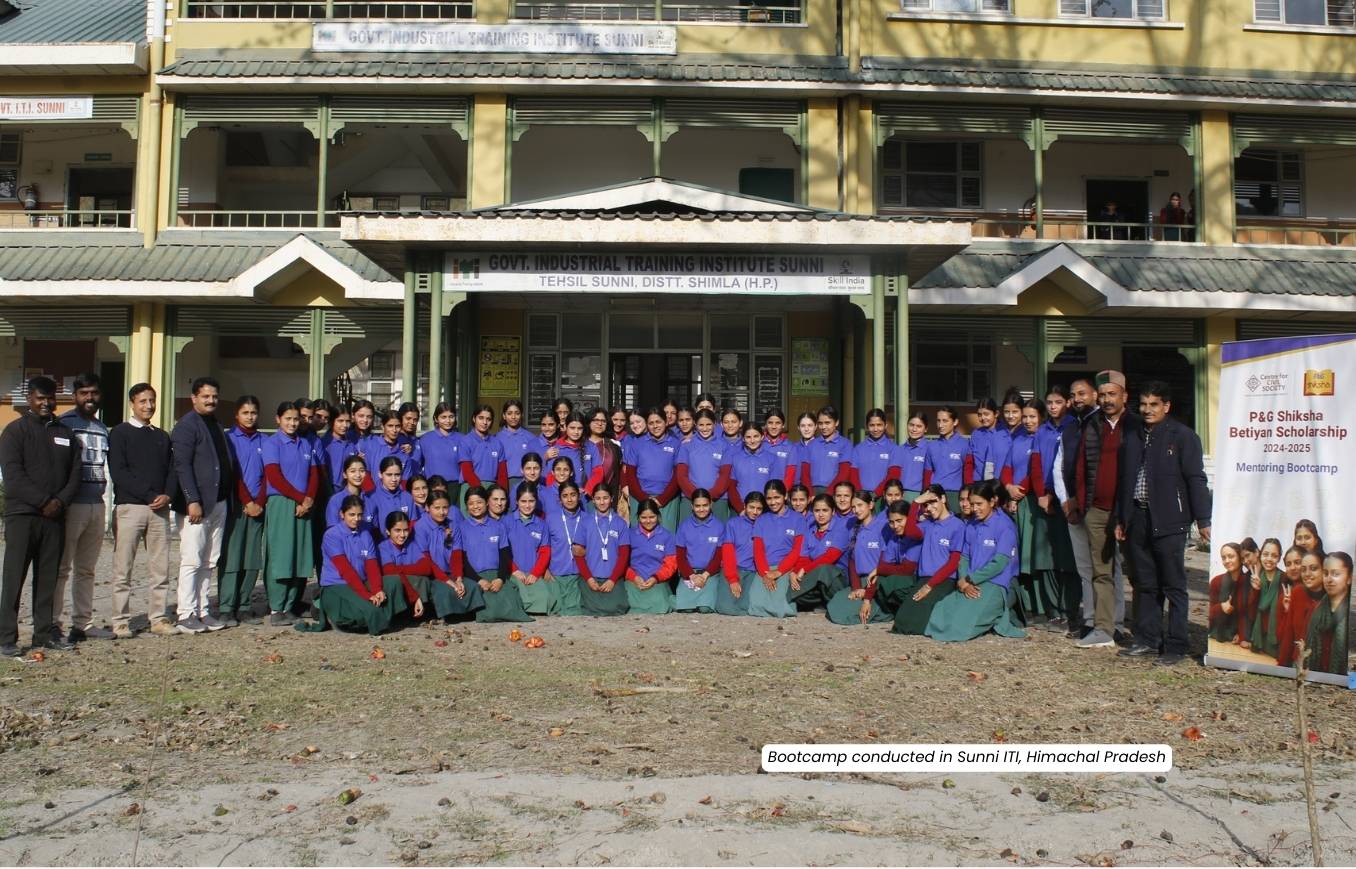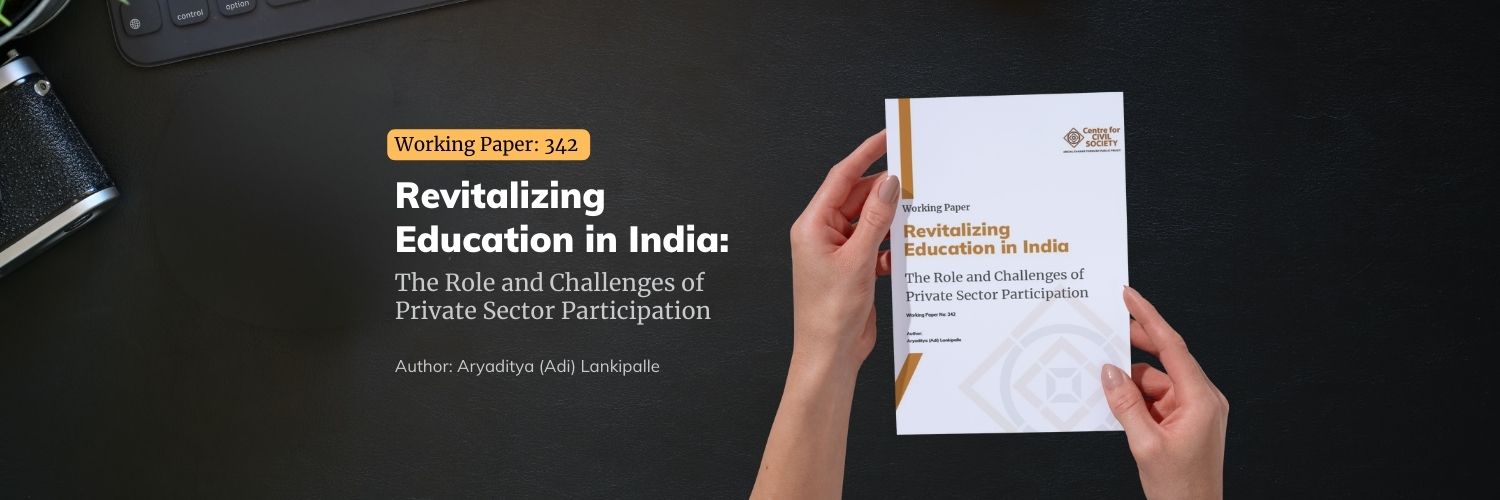In 2009, the Parliament of India passed the Right to Free and Compulsory Education (RTE) Act. Section 12(2) of the RTE Act requires the Government to reimburse all private unaided schools for reserving 25 per cent of their entry-level seats for children from Economically Weaker Section and Disadvantaged Groups (EWS/DG). Private unaided schools receive reimbursement to the extent of per-child-expenditure incurred by the State or the actual amount charged from the child, whichever is less.
But significant implementation challenges mar this attempt to expand inclusion. In 2019-20, reimbursements for over 3.11 lakh students in 12 states were not approved (Central Square Foundation 2020). Difficulties and delays in the admission process due to administrative errors and absent records of children also hamper the proper execution of the provision (Bhattacharjee 2019; Sarin, Dongre, and Shrikant Wad 2017). This leaves private schools, especially budget private schools that charge monthly fees of ~INR 1000, in a precarious position.
This year for our annual Researching Reality internship, we onboarded 16 interns and explored the issue of reimbursements under Section 12(2). We approached the topic in six parts:
- The story so far: we conducted an extensive review of the existing research on reimbursements under Section 12(2) and their implementation and impact on children
- Law and economics behind reimbursements: we studied if incentives for each stakeholder in the reimbursement process were aligned and how they played out; we also examined the legal safeguards in place to protect the implementation of Section 12(2)
- Arithmetic for per-child expenditure: we discussed the formula used by the Government of NCT of Delhi to arrive at its per-child expenditure, other standard components of educational spending that various state governments reimburse, and the implications of this existing formula on concerned stakeholders
- Ease of claiming reimbursements: we compared the de jure process of reimbursements in Delhi with that of Madhya Pradesh, Odisha, and Karnataka. Based on interviews of school principals and state officials, we drew the process on the ground and identified bottlenecks in the process.
- Stakeholder perceptions on claiming reimbursements: we captured how each stakeholder perceived the reimbursement process, key decisions they took therein, and their interactions with one another
- Legal issues regarding reimbursements: we analysed all judgements about the implementation of Section 12(2) from 11 High Courts in India
Based on our research, we were able to paint the following picture.
- Reservations under RTE Act 2009 is akin to Government acquiring private land (Eminent Domain)
- a. Prompt compensation is a must for such takings; at the very least, schools should be paid interest on dues in case of delays.
- Untimely and inadequate reimbursements ring loudly in the system.
- a. Schools in Delhi often receive reimbursements 2-3 years after filing claims
- b. Amount for books, uniforms, and other mandated supplies is arbitrarily fixed, grossly insufficient, and at times, not reimbursed
- c. At present, schools are not even paid any interest on dues in cases of delay
- The current formula for calculating per-child costs for reimbursement is not reliable.
- a. The formula uses total enrolment as a factor—a number often over-reported, reducing the total per-child expenditure calculated.
- Private schools face procedural bottlenecks in claiming reimbursements.
- a. Timelines for filing reimbursement claims are not fixed in Delhi; schools rely on informal networks for updates
- b. Rectifying errors takes a long time and requires schools to visit the Directorate and resubmit all data
- c. Procedure for filing reimbursements varies across districts in Delhi
- d. Schools pay one percent of their reimbursement amount to the government officials as facilitation fees for timely reimbursements
- Reimbursement delays and inadequacy have a ripple effect.
- a. Delays affect the schools’ cash flows, salaries of teaching and non-teaching staff, quality of education, and motivations to run a school
- b. Cost of educating EWSDG students is often passed on through a fee hike to fee-paying parents. Not surprisingly, all fee regulatory Acts in India for private unaided schools were passed after introduction of RTE
- Different High Courts adopt different approaches.
- a. The High Court of Madras observed that since private schools are reimbursed for 25% children, they should not charge “excess fees” from other students
- b. The High Court of Madhya Pradesh directed the government to process reimbursement claims within 3 months of receiving applications; no other High Court in the country has taken this necessary stand so far
The implementation of Section 12(2) of the RTE Act leaves a lot to be desired. In the long run, reforms aimed at making the Government accountable, increasing choice for parents and students, and reducing administrative burden for schools will allow for a prosperous system that can provide higher quality education. In the short run, efforts should focus on making reimbursements less cumbersome and more transparent for all involved.



